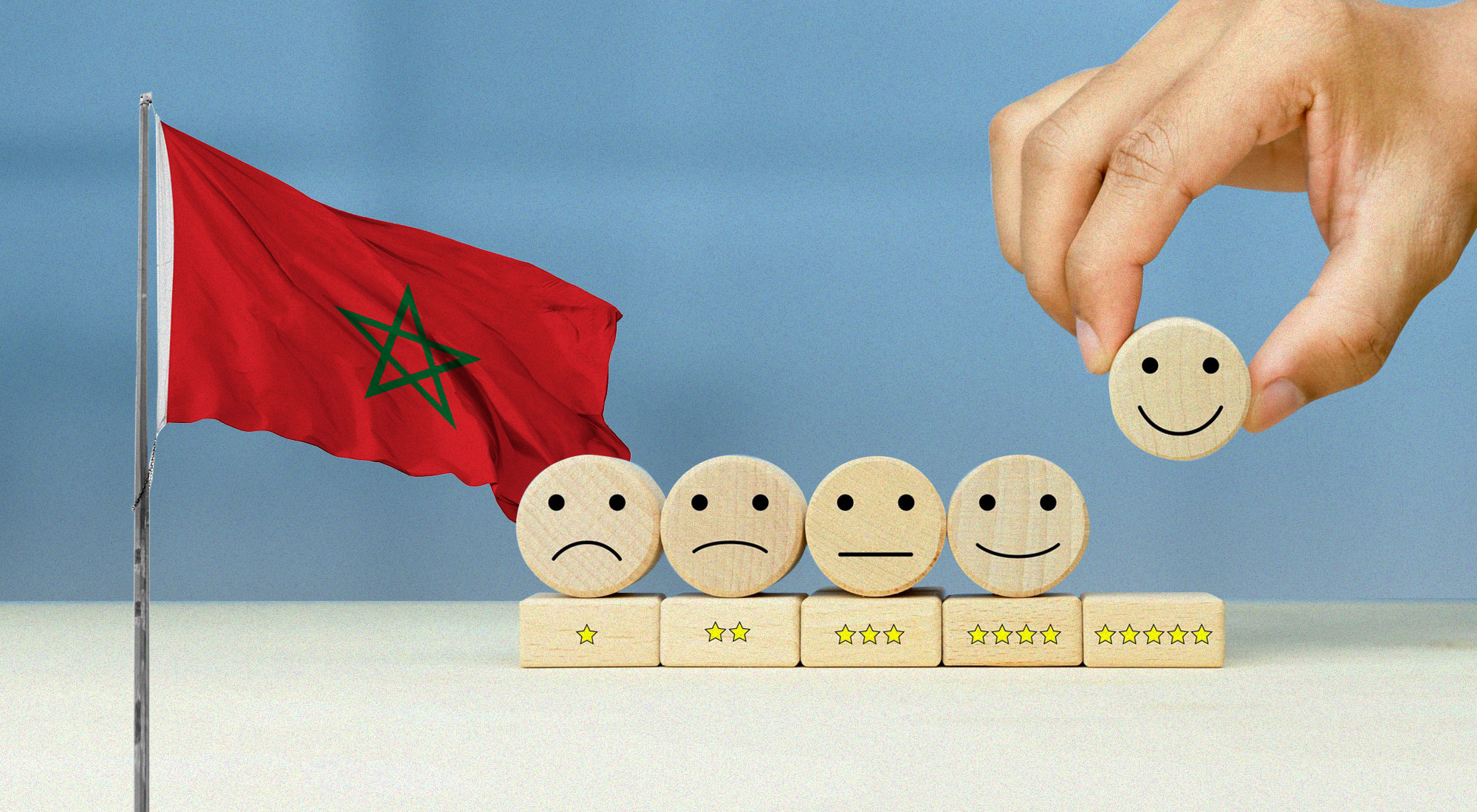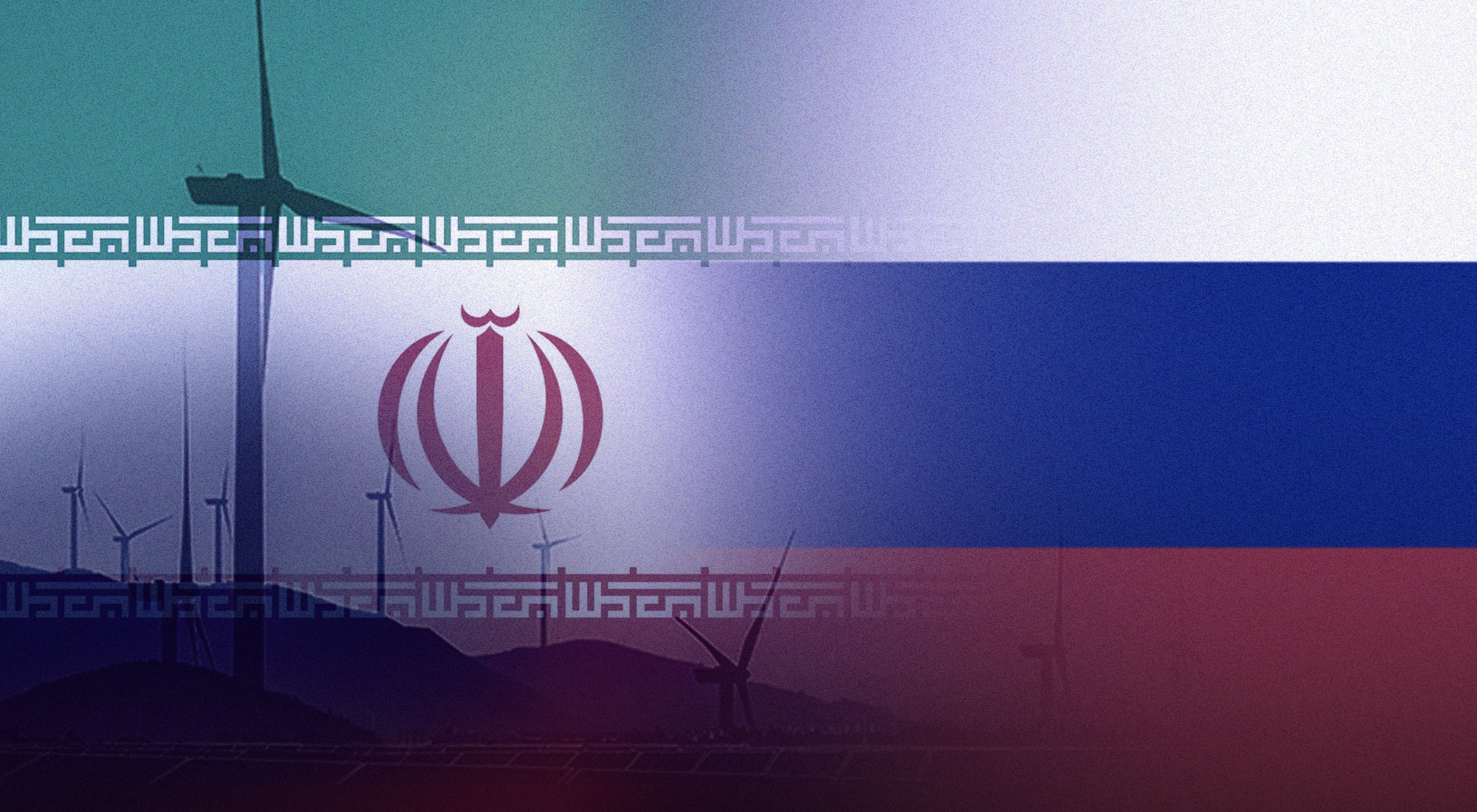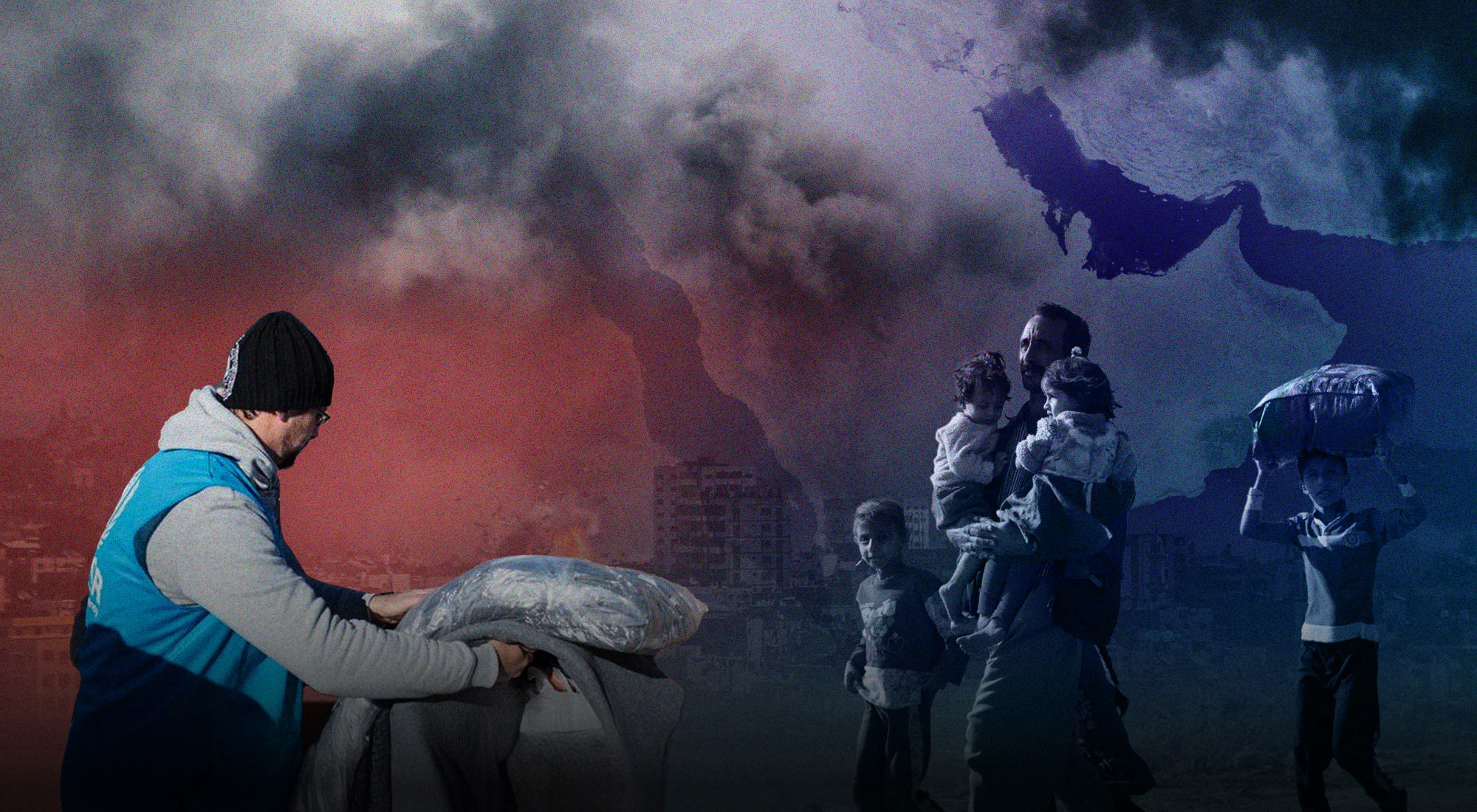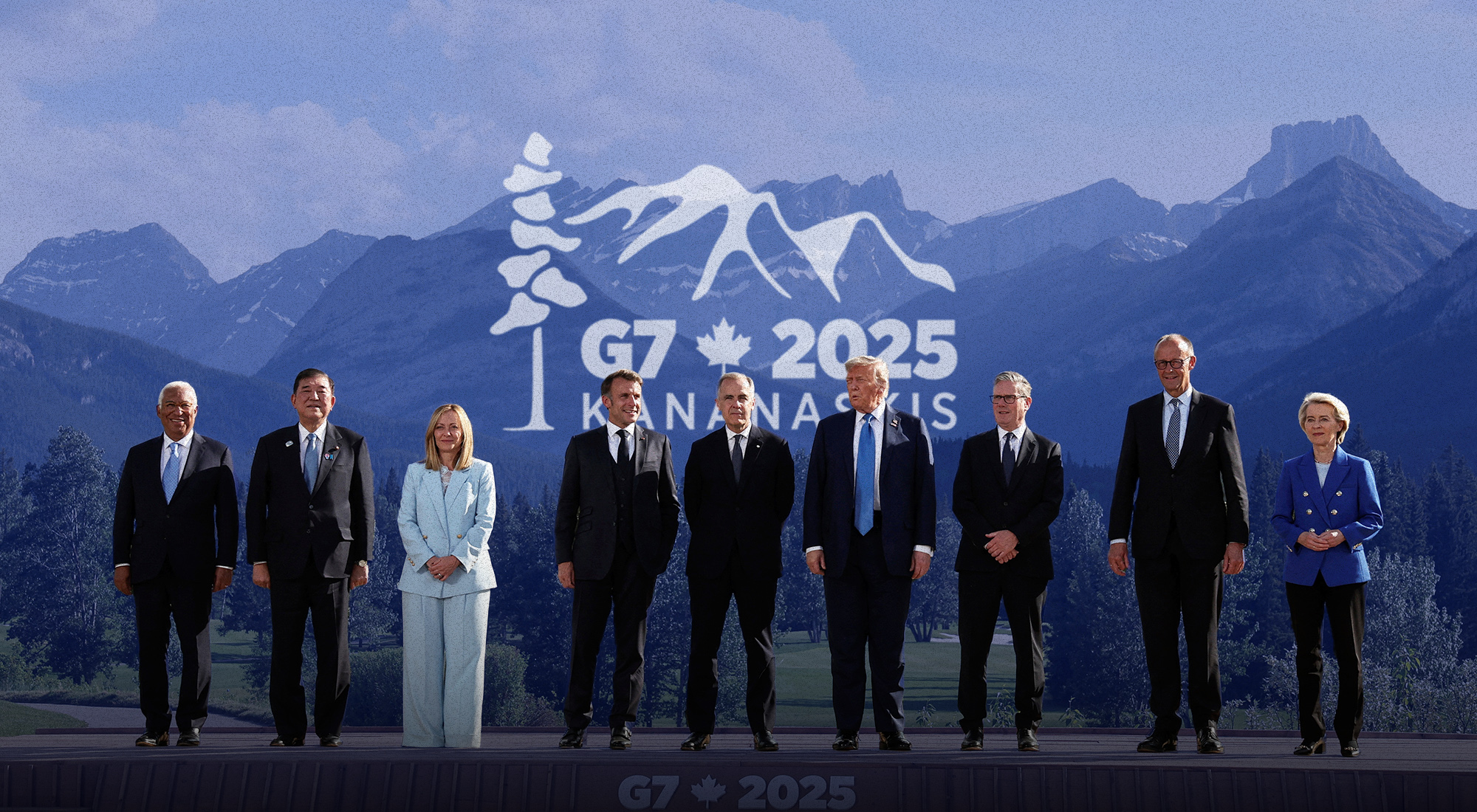The annual World Happiness Report (WHR) serves as a key resource for researchers examining the evolving scope of happiness studies and regional variations in societal well-being. Beyond academic inquiry, the report informs policy debates by highlighting implications for decision-making across global contexts. This paper examines the relevance of the 2025 WHR’s findings in the Maghreb region—Algeria, Libya, Morocco and Tunisia—focusing on socio-cultural and political contexts. It addresses a central question: Is happiness a culturally relevant development indicator in the Maghreb region? By analyzing the WHR’s 2025 emphasis on communal trust and care as pillars of collective well-being, this insight underscores how traditional Maghreb social networks, grounded in mutual support, align with these principles. Such networks, historically central to community cohesion, could provide a culturally resonant framework for sustainable development and inclusive policymaking in the region.
Introduction
Eight years ago, I had the privilege of being invited, alongside three colleagues, two of whom were white South Africans, to contribute a chapter to the World Happiness Report (WHR) about Africa.[1] For a young Arab and African researcher, this was a significant honor, one might assume. However, the source of my pride was not just the recognition itself. It was also the fact that the concept of happiness was, at the time, just gaining traction as a legitimate scientific and social indicator, marking a crucial shift in global discourse.
Yet, despite this progress, a prevailing notion persisted: that Africa, grappling with fundamental survival challenges, was not yet at a stage where discussions of happiness were relevant. Objective indicators painted a picture of widespread hardship, leading many to question whether exploring happiness in such contexts was meaningful or merely a redundant exercise. This perspective, however, overlooked the profound ways in which well-being can manifest even in adversity, challenging the assumption that happiness is a luxury rather than a fundamental human experience.
While significant strides have been made in the study of happiness worldwide, the concept remains complex, ambiguous, and at times, contentious. It is a broad, elusive notion that continues to spark debate among scholars and policymakers alike. However, in recent years, happiness has gained increasing recognition in the academic world as a foundational construct for assessing the effects of development. Rather than being viewed as a vague or secondary concern, it has emerged as a crucial “output variable”, a measure through which the success of major development efforts can be evaluated. As a social indicator, happiness and its corresponding concepts, such as “Subjective well-being”, “Life satisfaction”, “Positive affect”, “Subjective quality of life”… etc., provide a lens for understanding human-centered progress, offering a more holistic approach to evaluating societal well-being at a time when traditional economic metrics, such as Gross Domestic Product (GDP), have lost their appeal as sole measures of economic performance and social advancement.[2] Even at the highest levels of governance, GDP is no longer seen as an adequate representation of societal progress, prompting a shift toward more inclusive and human-centered measures of well-being.[3]
In this regard, the WHR is playing a pivotal role. Published annually since 2012 by the United Nations (UN) Sustainable Development Solutions Network, the report is released in celebration of the International Day of Happiness, observed on 20 March each year. The WHR evaluates global happiness using a range of key indicators, including GDP per capita, social support, healthy life expectancy, freedom to make life choices, generosity, and perceptions of corruption. By incorporating these diverse factors, the WHR presents a more comprehensive picture of human well-being, moving beyond purely economic assessments to consider the broader social and psychological dimensions of life satisfaction.
This insight first examines the role of happiness within the Maghreb’s socio-cultural context amid pressing challenges such as poverty, political instability, and economic hardship. Next, it assesses the region’s overall standing in global happiness metrics and explores emerging indicators like benevolence. Finally, the study gives recommendations on how to cultivate happiness in the Maghreb, emphasizing the need to address systemic inequalities that undermine collective well-being.
As is common in happiness research, terms such as happiness, life satisfaction, and subjective well-being are frequently used interchangeably due to overlapping conceptual domains. Happiness is understood broadly as encompassing not only feelings of joy and contentment but also a deeper sense of fulfillment, purpose, and engagement in meaningful, rewarding activities, all of which contribute to human flourishing.
Happiness in personal and social development
Regardless of its source, happiness constitutes a legitimate and essential life target in all human societies. It is therefore crucial that both official institutions and broader societal structures prioritize the promotion of happiness as a key component of development. Research evidence robustly supports the notion that happiness is intricately linked to both personal and social development. Empirical studies have demonstrated that enhanced social capital is closely associated with increased happiness, thereby strengthening community ties and fostering collective well-being.
Notably, the happiest individuals tend to exhibit stronger social relationships, better levels of self-esteem and improved personal growth. These positive attributes not only strengthen resilience and motivation but also contribute significantly to personal success. Findings also suggest that happiness is correlated with improved physical health, enhanced creativity, and higher problem-solving abilities. Moreover, some theories, such as Fredrickson’s broaden-and-build theory, posit that positive emotions expand individuals’ thought-action repertoires, encouraging personal growth through the acquisition of new skills and knowledge.[4]
In this context, happiness is not merely a momentary emotional state but a critical driver of personal development and social cohesion. Positive emotions enhance cognitive functions, foster resilience, and facilitate the building of meaningful relationships, and these in turn positively affect both individual and societal progress. Consequently, policymakers in Maghreb societies are urged to design and implement programs that address the real needs of the population, with a strategic focus on improving overall well-being. The exemplary Emirati model—manifested through the UAE Ministry of Happiness—offers valuable lessons in this regard, demonstrating how targeted initiatives can cultivate an environment where happiness is a central pillar of development.
Furthermore, within the broader North African context, positive affect plays a crucial role in revitalizing life energy and motivating individuals toward more optimistic life attitudes. The pursuit of a meaningful purpose not only provides a sense of direction but also empowers people to overcome the myriad challenges of daily life, ultimately fostering an enduring commitment to personal and collective progress.
Is happiness a relevant development indicator in Maghreb culture?
Before delving into the question of happiness in Maghreb societies, one must first ask: Is this concept truly relevant in this region? Specifically, does it hold social and cultural significance in societies often struggling with economic hardship and political turbulence? While some may argue that happiness is a secondary concern in times of crisis, a closer examination reveals that the pursuit of happiness has been deeply embedded in the philosophical, religious, and social traditions of the Maghreb region for centuries.
This region is part of the broader Arab and Islamic tradition, where Islam has served as a foundational framework shaping people’s worldviews, ethics, and aspirations. Contrary to the assumption that happiness is a modern or Western import, the concept has been explicitly discussed and lived throughout Islamic history.
One of the earliest and most profound explorations of happiness in the Islamic intellectual tradition can be found in the works of Al-Farabi (c. 872–950 CE), also known as Alpharabius, who wrote ‘The Attainment of Happiness’ (Tahsil al-Sa‘ada).[5] In this treatise, he argues that true happiness is the ultimate goal of human existence, a perspective later echoed by Ibn Sina (Avicenna, 980–1037 CE). Drawing from Aristotelian and Neoplatonic traditions, Ibn Sina emphasized that the path to happiness lies in intellectual and moral perfection.
This tradition of inquiry was further developed by Al-Ghazali (1058–1111 CE) in his seminal work ‘The Alchemy of Happiness’ (Kimiya-yi Sa‘adat), in which he examined happiness as a spiritual and ethical pursuit. However, interpretations of happiness have varied significantly within Islamic thought, sometimes leading to profound divergences. For example, as noted by Tiliouine (2014),[6] Sufi scholars tend to view happiness as the purification of the soul, achieved through spiritual exercises such as wisdom-seeking, self-discipline, and detachment from material distractions. By contrast, a Salafist perspective often constrains happiness to strict adherence to religious texts and laws, emphasizing compliance with Sharia principles as the sole path to fulfillment.
Historically, North African societies have been strongly influenced by Sufism, a tradition that continues to shape cultural and social life. Sufi orders (such as Tijaniya, Rahmaniyya, Qadiriyya, etc.) have played a significant role in defining spiritual and communal values, with Zawiyas (Sufi lodges) serving not only as religious institutions but also as centers of social and political influence. Even today, these structures maintain a less-studied yet impactful role in shaping governance, community cohesion, and ethical norms.[7]
These deep-rooted traditions suggest that in Maghreb societies, happiness is not merely an individual pursuit or fleeting emotion. Instead, it is often understood as a collective and structural matter, shaped by societal organization, communal belonging, and spiritual fulfillment. Unlike the Western emphasis on personal autonomy and emotional well-being, happiness in the Maghreb has historically been seen as an interconnected experience, deeply tied to one’s role within society, faith, and communal values.
Understanding this historical and cultural context is crucial for any modern development initiative that seeks to integrate happiness as an indicator of social progress. The influence of this cultural legacy on Maghreb society remains an underexplored yet vital aspect that deserves further study, both in academic discourse and in policy considerations aimed at improving populations’ well-being in the region.
Happiness trends in the Maghreb: Insights from the World Happiness Report (WHR)
The 2025 WHR expands the analysis of well-being by exploring new determinants beyond traditional factors such as health and income. The data presented in the report reveal several significant insights that deserve attention. Notably, it highlights the importance of social interactions, particularly sharing meals and trust in others, as key predictors of happiness. The report examines how trust and social connectedness influence individuals’ overall well-being, emphasizing that caring for others and fostering trust within communities are closely linked to higher life satisfaction. Findings related to our studied region highlight the need for further data collection and deeper interpretations within the Maghreb region’s socio-historical contexts.
Columns 2 and 3 of Table 1 below show that the four Maghreb countries generally occupy mid-to-lower positions in global happiness rankings. The highest score in 2017 was achieved by Algeria (53rd), while in 2025, Libya recorded the highest score (79th), followed by Algeria. Over time, Libya’s scores have been volatile but show a general improvement. This may reflect that despite ongoing struggles with insecurity, weakened institutions, and economic difficulties, social networks and family ties remain strong.
Meanwhile, Algeria ranked 53rd in 2017 but dropped significantly to 84th place in 2025. Compared to its neighbors, this country remains relatively stable but faces numerous economic and social challenges, which have had negative consequences on its population, particularly the youth. Tunisia, however, has experienced a continuous decline in its ranking, falling from 102nd place in 2017 to 113th in 2025. Similarly, Morocco’s scores have fluctuated but show a general downward trend, dropping from 84th place in 2017 to 112th in 2025. These figures, however, require profound examination and comparison over time. Policymakers and governing bodies must take these findings seriously and implement targeted strategies to improve well-being and address the underlying social and economic challenges in the region.
Furthermore, the 2025 WHR evaluated benevolence using six indicators, categorized into two distinct groups. The first set of three metrics measured nationwide averages of individuals who reported engaging at least once in one of three altruistic acts during the previous month: Donating money, volunteering time, or assisting a stranger. The remaining three indicators differed significantly, shifting the focus from self-reported behavior to respondents’ perceptions of others’ potential benevolence. These were assessed through hypothetical “wallet questions,” in which participants estimated the likelihood of a lost wallet or valuable item being returned if found by specific groups: (a) a neighbor, (b) a stranger, or (c) a police officer.
Table 1 shows that Libya and Morocco ranked 30th and 32nd globally, respectively, in helping strangers, indicating a strong inclination toward assisting others. However, both Morocco and Tunisia rank significantly lower in charitable donations (144th and 139th, respectively) and volunteering (129th and 118th, respectively), suggesting limited participation in these forms of benevolence. As mentioned earlier, despite ongoing political instability and economic difficulties, Libya achieved the highest scores in almost all these aspects. Meanwhile, Algeria scored relatively high in trust levels, as reflected in wallet return experiments.
Table 1: Maghreb countries rankings for happiness and six measures of benevolence
| Wallet returned by: | |||||||||
| Country | Happiness Ranking (2017)* | Happiness Ranking (2025)** | Donating | Volunteering | Helping a stranger | Neighbor | Stranger | Police | |
| Algeria | 53 (5.87) | 84 (5.57) | 114 | 121 | 99 | 56 | 3 | 62 | |
| Libya | 68 (5.52) | 79 (5.82) | 73 | 80 | 30 | 20 | 10 | 72 | |
| Morocco | 84 (5.23) | 112 (4.62) | 144 | 129 | 32 | 69 | 95 | 78 | |
| Tunisia | 102 (4.80) | 113 (4.54) | 139 | 118 | 77 | 82 | 76 | 99 | |
* 157 countries and territories ranked in 2017, ** 147 countries ranked in 2025
Source: World Happiness Report 2017 and 2025[8]
The 2025 report emphasized that regional disparities in benevolent behavior may reflect cultural influences that shape societal norms around caregiving. In regions such as the Middle East and North Africa (MENA), as well as Central and Eastern Europe, Latin America, and the Caribbean, informal acts of kindness, such as aiding strangers, tend to be more prevalent than structured forms of benevolence like donating to organizations or volunteering. Conversely, regions such as Southeast Asia, Western Europe, North America, and Australia/New Zealand (NANZ) exhibit stronger engagement in formalized altruistic practices. Therefore, this is an important area where scholars and policymakers should work to develop socially grounded alternatives.
Key recommendations for the Maghreb’s future
The insights from the report hold significant relevance for development strategies and decision-making in Maghreb countries, given their unique socio-cultural, economic, and political contexts. These nations face challenges such as high youth unemployment, social fragmentation, and uneven access to high-quality education and health services, all of which can overlap with the themes of benevolence, social trust, and well-being, as explored in the report.
- Promoting Social Trust and Benevolence: Societal benevolence is particularly pertinent for the Maghreb region, where income inequality and social marginalization persist. Development programs that foster community-based support systems, such as cooperatives, neighborhood initiatives, and faith-based charities, could help build social capital and alleviate feelings of exclusion among vulnerable groups. For instance, leveraging Islamic principles of zakat (charitable giving) and waqf (endowments) could provide culturally resonant frameworks for redistributive policies aimed at reducing inequality and enhancing collective well-being.
- Revitalizing communal traditions: The importance of communal dining and family ties underscores the value of preserving traditional practices that promote social connection. In large cities, like Algiers, Tunis or Casablanca, rapid modernization risks eroding these customs. Urban planning that incorporates shared spaces, such as public markets, parks, or community kitchens, could encourage intergenerational interaction and preserve cultural heritage while addressing contemporary isolation (Ramadan collective meals can be good examples).
- Trust-building policies to combat populism: The link between trust levels and populist tendencies carries implications for governance in the Maghreb, where dissatisfaction with political elites has contributed to increasing unrest (e.g., the uprisings in 2011). Transparent institutions, participatory policymaking, and anti-corruption measures are essential for rebuilding public confidence.
- Making the most of philanthropy: Supporting charity efforts based on evidence helps ensure that limited resources create the greatest positive impact. For example, directing funds toward education scholarships, vocational training, or microfinance programs tailored to marginalized groups would not only alleviate poverty but also enhance perceptions of societal fairness and opportunity.
- Helping young people overcome loneliness and despair: As shown in the 2025 WHR, loneliness among young adults is increasing worldwide, and Maghreb countries need to act, especially since they have large youth populations. To combat isolation, they should focus on programs that encourage peer support, extracurricular activities, and community involvement. Simple initiatives, like mentorship programs and youth clubs, can help young people feel more connected. Additionally, campaigns that highlight acts of kindness in local communities could inspire a stronger sense of belonging. These efforts may also reduce the risk of negative outcomes like substance abuse or radicalization, which are affecting marginalized youth in the region.
Conclusion
The 2025 World Happiness Report serves as a powerful reminder that, across the globe, happiness is deeply rooted in trust, kindness, and social connection. It reinforces the idea that fostering well-being should not be seen as an abstract goal but as a concrete strategy for building societies where people thrive. By emphasizing the role of happiness-enhancing initiatives, the report highlights that achieving a fulfilling life goes beyond economic prosperity; it requires strong social bonds, a sense of belonging, and policies that prioritize human well-being.
Throughout the previous discussion, I have underscored the importance of these perspectives, which are deeply embedded in our religious and cultural heritage. Strengthening existing initiatives in Maghreb societies and developing new policies that promote long-term stability and social inclusivity are essential. Governments and decision-makers must recognize that happiness is not just an individual pursuit but a collective responsibility. When trust is fostered within communities, and when kindness and social connection are actively encouraged, societies become more resilient, cohesive, and better prepared to face challenges.
[1] Valerie Møller, J. Benjamin Roberts, Habib Tiliouine, and Jay Loschky, “Waiting for Happiness in Africa,” In World Happiness Report 2017, edited by John F. Helliwell, Richard Layard, and Jeffrey Sachs, (New York: Sustainable Development Solutions Network, 2017), https://worldhappiness.report/ed/2017/.
[2] Habib Tiliouine, “Citizens’ Expectations for Individual Well-Being: Rethinking Well-Being Around the Idea of Dignity,” IEMed: Mediterranean Yearbook, 2022, 151–157.
[3] Joseph E Stiglitz, Amartya Sen, and Jean-Paul Fitoussi, Report by the Commission on the Measurement of Economic Performance and Social Progress, Commission on the Measurement of Economic Performance and Social Progress, September 2009.
[4] Examples of some widely quoted research papers: Diener, Ed, and Martin E. P. Seligman. “Very Happy People,” Psychological Science 13, no. 1 (2002): 81–84; Fredrickson, Barbara L., “The Role of Positive Emotions in Positive Psychology: The Broaden-and-Build Theory of Positive Emotions,” American Psychologist 56, no. 3 (2001): 218–226; Sonja Lyubomirsky, Laura King, and Ed Diener, “The Benefits of Frequent Positive Affect: Does Happiness Lead to Success?” Psychological Bulletin 131, no. 6 (2005): 803–855.
[5] Al Farabi, “The attainment of happiness,” http://www.muslimphilosophy.com/farabi/. Accessed March, 2012.
[6] Habib Tiliouine, “Happiness in Islam,” In Encyclopedia of Quality of Life and Well-Being Research, edited by Alex C. Michalos, 1–6, Cham: Springer International Publishing, 2021.
[7] Isabelle Werenfels, “Beyond authoritarian upgrading: the re-emergence of Sufi orders in Maghrebi politics,” The Journal of North African Studies 19, no. 3 (2014): 275-295.
[8] The 2017 WHR can be found in: https://s3.amazonaws.com/happiness-report/2017/HR17.pdf. The 2025 WHR can be found in: https://worldhappiness.report/ed/2025/caring-and-sharing-global-analysis-of-happiness-and-kindness/.








